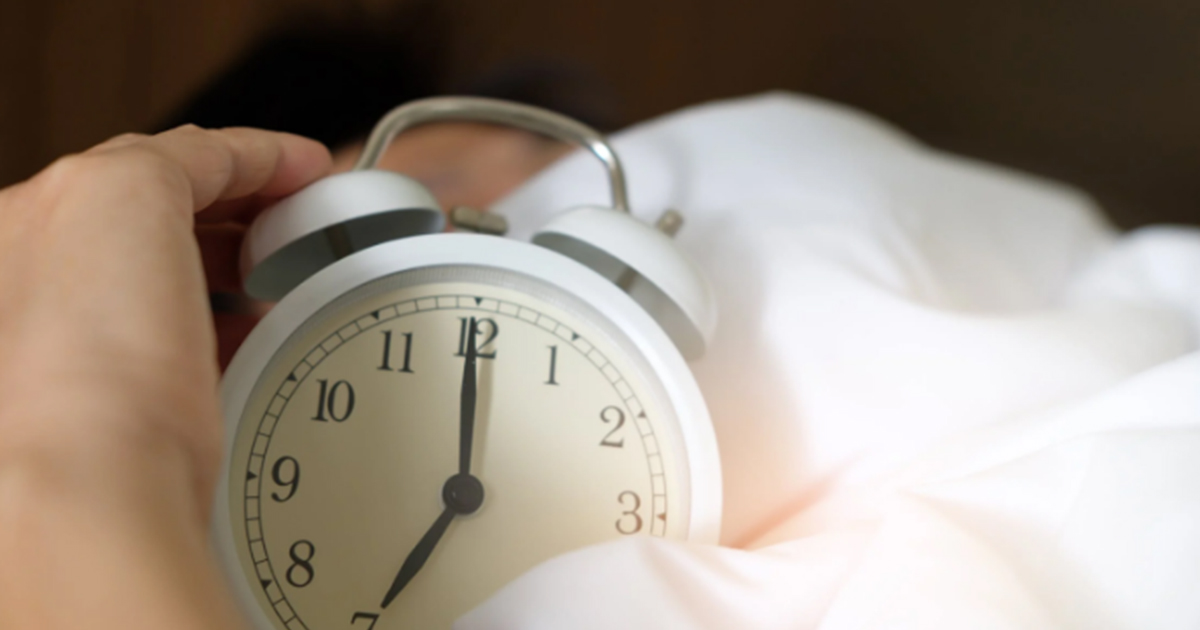Sleep is the key to having a healthy brain, happy mood, and overall well-functioning body. However, many people have trouble sleeping for one reason or another. These symptoms can be disturbing, even if you have milder sleep disturbances like frequently waking up throughout the night or more severe ones like sleepwalking. A slew of common drugs can help your sleep, making it easier for you to get a good night’s rest. However, some drugs cause REM sleep behavior disorder — a rare but pervasive sleep condition that causes irregular breathing, high blood pressure, rapid eye movement, and intense or potentially violent movement during sleep. One of the most characteristic symptoms is dream enactment behavior.
What types of medications contribute to REM sleep behavior disorder and dream enactment behavior?
There isn’t one type of medication that causes REM sleep behavior disorder. Here are some of the most common categories of drugs that can.
Mood Medications
Medications for mental health conditions like depression, anxiety, or other mood disorders are known for causing REM sleep behavior disorder. According to the Harvard Health Review, selective serotonin reputable inhibitors (SSRIs), a type of antidepressant, cause side effects related to sleep — specifically, Zoloft, Paxil, Lexapro, Celexa, and others.
SSRIs are a newer drug category, replacing older and less effective ones like tricyclic antidepressants. Used to help regulate mood in conditions like depression, medications like Doxepin, Amitriptyline, Norpramin, and Tofranil may have similar, but more intense, sleep side effects to SSRIs.
Missing one of these medications makes sleep disturbances more pronounced. When your brain doesn’t receive the effect of the medication, you can experience withdrawal symptoms. Inadequate sleep is a part of this. You might find yourself tossing and turning at night, feeling drowsy the next day, or having intense and frightening dreams. Here, dream enactment behavior is extremely common.
Alzheimer’s Disease Medications
Unfortunately, there is currently no cure for Alzheimer’s disease or other forms of dementia. Over 50 million people across the globe have a dementia diagnosis, with six million having Alzheimer’s — meaning many older adults rely on medications to help them deal with the progressive disease. Anticholinesterase inhibitors like Aricept and Namenda cause nightmares and increased rapid eye movement (REM) sleep.
Common Characteristics of Drug-Induced REM Sleep Behavior Disorder
Sleeping patterns and disturbances look different from person to person. However, there are a few common symptoms to look out for.
- Rapid movements of the arms or legs, including jumping, hitting or kicking. These are often a result of intense dreams.
- Vocalizing during sleep. Similar to body movements, you may scream, shout, laugh, or have conversations while you’re asleep. Some vocalizations are quiet, while others are louder and more pronounced.
- Dream enactment behavior. Being able to remember specific details from dreams or even feelings associated with them is common. This can be highly distressing.
Manage Your Dream Enactment Behavior with the Jacksonville Sleep Center!
If you start experiencing any of the symptoms mentioned above or are having a hard time managing your REM sleep behavior disorder, the team at Jacksonville Sleep Center is here to help. Our team of sleep professionals, including a board-certified sleep physician, provide care based on the latest sleep assessment and treatment innovations. With both in-person and virtual visits available, you can access high-quality sleep care no matter where you are. Contact us today to learn more about what we do, or make an appointment.






